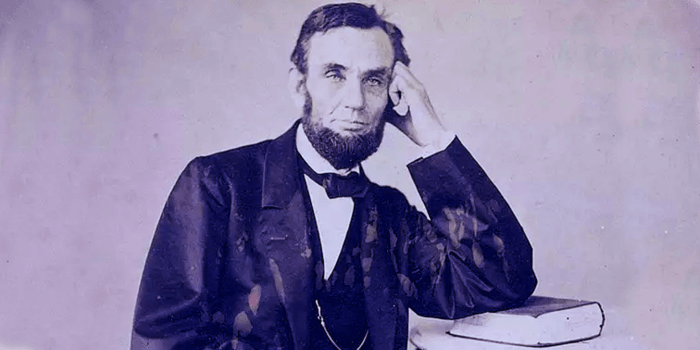(Molly Bruns, Headline USA) In bygone years, aspiring lawyers who wished to save the money and time of going to law school, or who were simply so gifted that they didn’t need it, could do as future President Abraham Lincoln did and just “read for the Bar.”
The test itself was understood to be the ultimate measure of one’s competency, regardless of background, financial circumstances and other factors that might inhibit a budding legal career.
Now, however, woke leftists complain the expectations of competency themselves are inhibiting some from realizing their potential dreams—and indeed that such demands are a pernicious form of systemic racism used to exclude minorities from enjoying the benefits of wealth and power that often accompany competency in a profession.
The Washington state Supreme Court last week ruled that potential lawyers do not have to take the bar exam in order to obtain their legal license.
The court approved other forms of qualification to display competency, allowing bar-avoiders to get a legal license while avoiding the test, according to the Spokesman–Review.
“These recommendations come from a diverse body of lawyers in private and public practice, academics, and researchers who contributed immense insight, counterpoints and research to get us where we are today,” said Washington Supreme Court Justice Raquel Montoya–Lewis. “With these alternative pathways, we recognize that there are multiple ways to ensure a competent, licensed body of new attorneys who are so desperately needed around the state.”
The alternatives include a six-month apprenticeship at a law firm, completing 12 qualifying skill credits and 500 hours of work as a licensed legal intern, or by completing standardized materials with the assistance of a mentoring attorney.
The nuts and bolts of the program, such as what students who fail to pass the bar will be able to do, remain unknown by the task force and court who made the ruling.
Jacob Rooksby, dean of the Gonzaga School of Law, expressed cautious optimism for the alternative pathways. However, he said he hoped that officials would implement the program incrementally as they work out the details.
“I urged that we move in this direction cautiously and viewing it almost as a case study or a trial to see: How could the different schools implement it but in a small scale?” he said.
The court also lowered the minimum passing score for the bar exam from 270 to 266.
The justices argued that lowering the standard for potential lawyers will allow people from “marginalized groups” to become lawyers more easily.
Oregon was the first state to implement a similar change at the start of 2024; Minnesota, Nevada, South Dakota and Utah are reportedly making similar changes.
Headline USA’s Ben Sellers contributed to this report.

